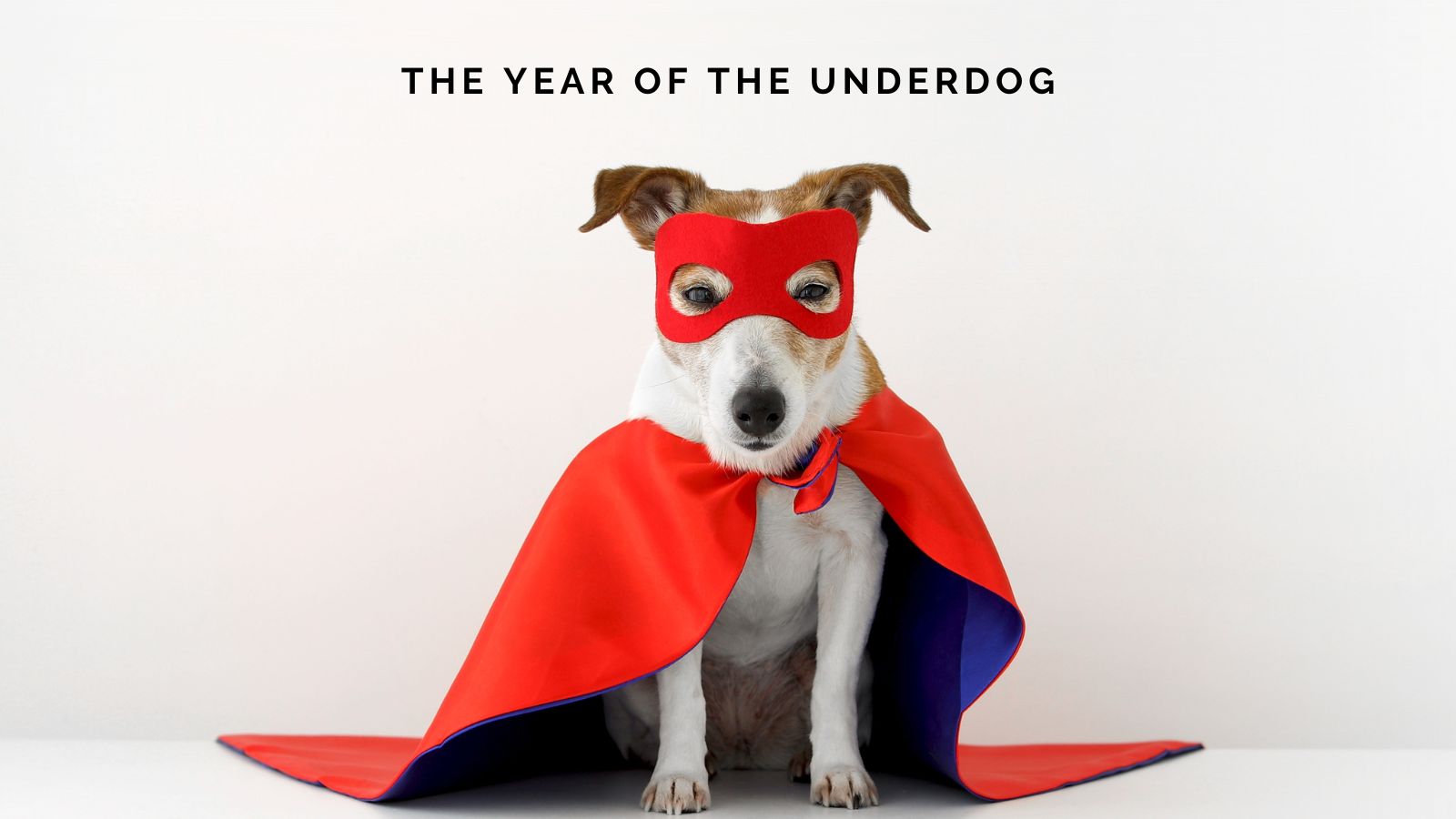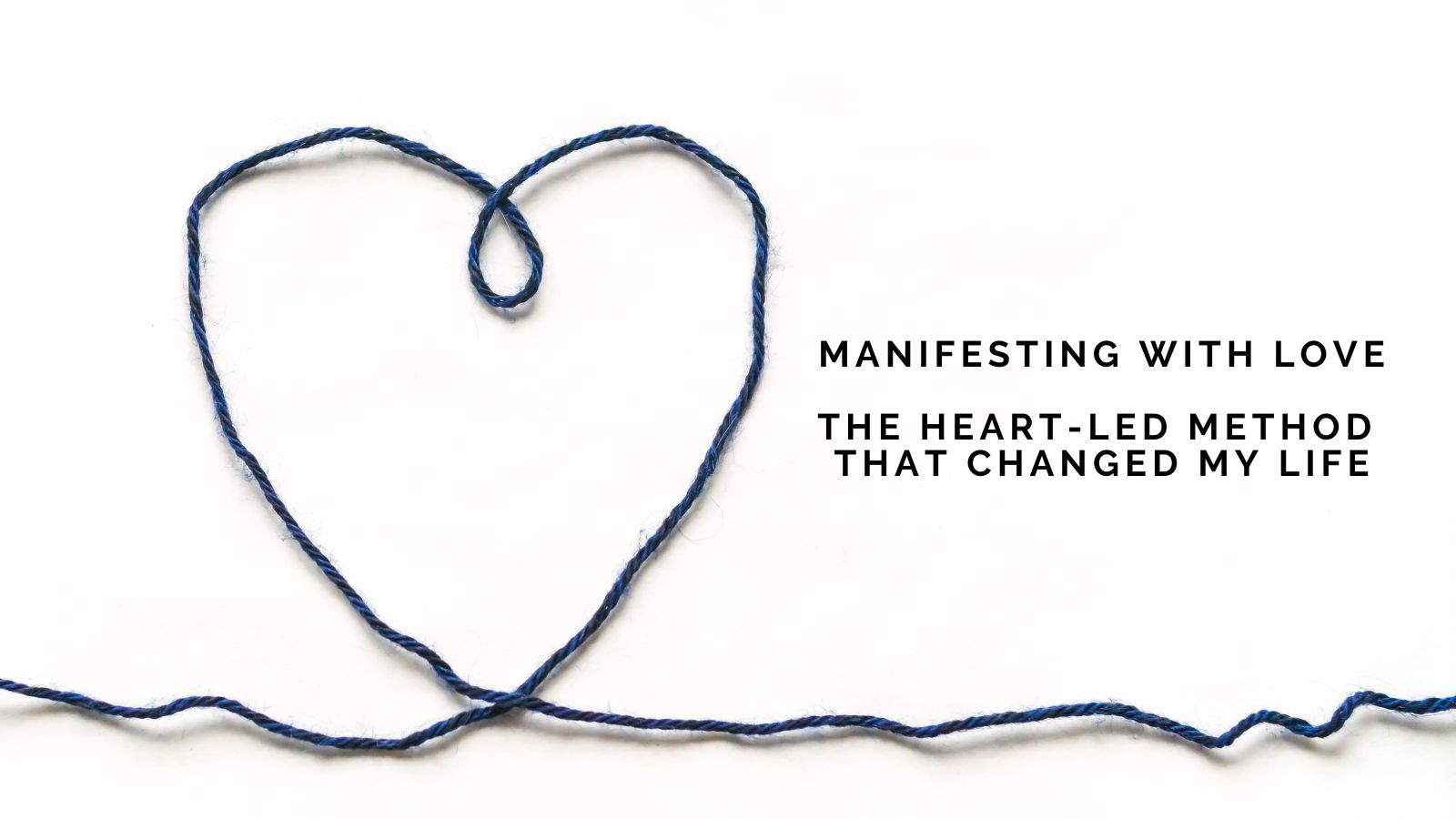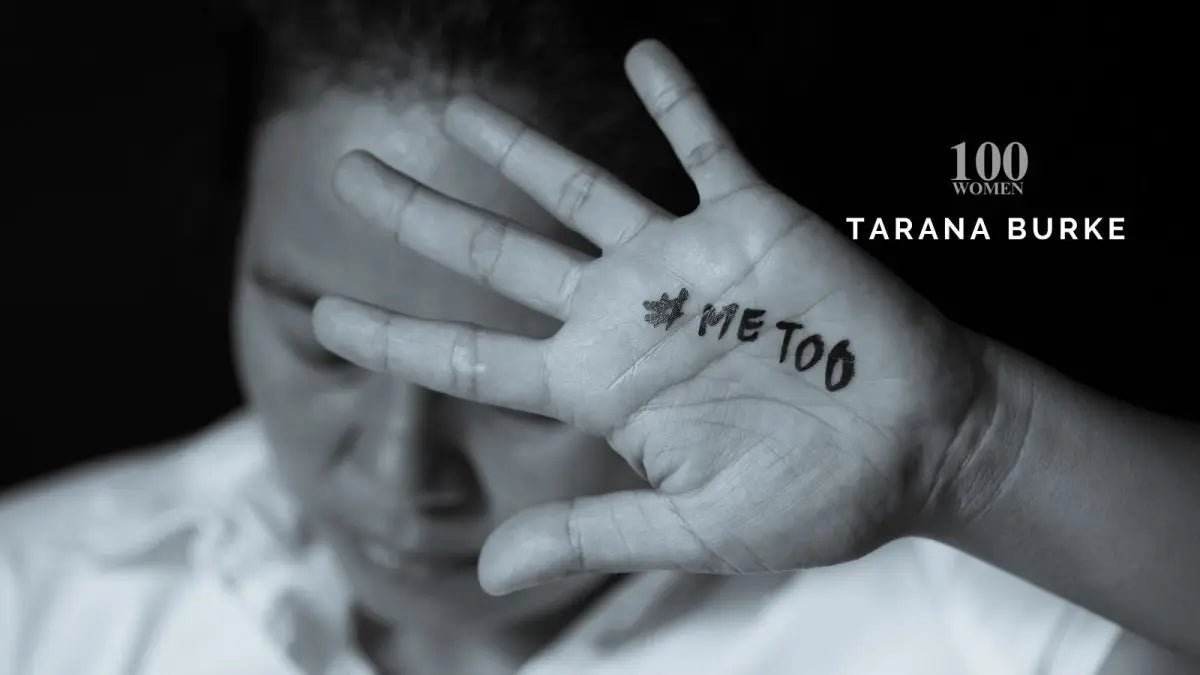
By the time I was ten years old, I already knew I wanted to be a journalist. While other kids were dreaming of riding horses or becoming doctors or teachers or astronauts, I was lost in library aisles, reading newspapers and watching 60 Minutes, utterly captivated by the likes of Ray Martin, Jana Wendt, and George Negus. Their voices—calm, curious, cutting through the noise—showed me that asking questions wasn't an annoying trait to upset adults but a powerful tool to find out more.
In 1971, not long after I was born, Australian Prime Minister Malcolm Fraser coined the saying, “Life wasn't meant to be easy, my child, but take courage: it can be delightful.” I often wonder if he was talking directly to me. By the age of ten, I’d been to four primary schools. By seventeen, I’d moved house over 98 times and fled Tasmania with my mum and little sister to escape a violent stepfather. As the new kid, I was bullied, isolated, and uncertain. Books and words became my refuge. That’s where my love for storytelling began. To start with, it wasn’t a career goal—I always found books and stories to be a safe space. Storytelling, writing poems and short stories was, for me, a survival instinct. I loved researching and telling stories so much, I’d make my Nan take me to the library on school holidays so I could write reports—which I think she was the only one to read.
From Newsrooms to Navigating Trauma
I got my first job in a newsroom when I was fifteen. It wasn’t glamorous, but it was me. My first story was about the local school fair. I knew this was what I wanted to do for the rest of my life. Over time, I wrote for Fairfax, News Ltd, Forklift Action, Sydney Business Review, and The Senior. I led columns before women were really allowed to lead columns. I told stories about innovators and aged care and abuse and illness—real, human stuff—before clickbait and the “look at me” culture.
While I may have left the media industry—initially because an editor told me I was too ‘gregarious’ for their paper—the buzz of the newsroom and digging into a story never left me.
After being headhunted for a greenfields role in corporate comms, I arrived at work one day only to be told my role was no longer viable due to a ‘financial restructure.’
Here’s something they don’t teach you in J-school: how to come back from rock bottom.
At 43, I was made redundant—one of thousands when the Queensland government swung its axe on public service jobs. I spiralled. No job, no plan—just the awareness that I had to do something. A mate dragged me to a seminar on webinars, and that elbow in the ribs forced me to see I still had value. I knew things. PR, media, storytelling.
That weekend, I started a new business with zero idea how to run a business. I had no business plan—just a laptop and my love for stories. That’s how Publicity Genie was born.
From PR to Profile Building to Awards Writing
The business grew. I helped hundreds of small businesses get noticed. I wrote hundreds of articles, pitched to the media and extracted stories from many who didn’t think they had anything worth sharing. Somewhere in there, I became the woman behind the curtains—helping others step into the spotlight while neglecting myself. The media industry changed and it became harder to get good stories published. I was ready to throw in the towel and get a job at the local hardware store.
It was time to adapt again. Again!
Reflecting on the work I’d done in corporate comms—writing award submissions for C-Suite executives—I started to wonder why it wouldn’t work for my clients. So I changed my approach. I used my storytelling abilities, curious mind and journalism skills to focus on business awards. Although I didn’t factor in how many people I’d have to help overcome imposter syndrome first.
What a pesky thing imposter syndrome is. There are so many amazing and talented human beings who doubt themselves and their abilities. It’s one of the biggest scourges in business and workplaces. Sometimes I have to assure people many times that they are, in fact, amazing. It is not until they see it written on the screen and see themselves through someone else’s eyes that they start to believe what they are doing is making an impact and difference.
Being good at something doesn’t mean it’ll be smooth sailing. I co-founded an agency in 2020 that scaled quickly—too quickly. Systems overtook storytelling. I found myself being squeezed out of my own creation and the IP built from ten years in business.
The business that once felt like an extension of my soul became something I barely recognised. I walked away. Not because I wanted to, but because staying was slowly killing my creativity and my health.
Surgery, Setbacks, and Starting Over
There’s a hidden part of my success, behind the awards I’ve won for my work and the businesses I’ve helped. For years, I battled endometriosis, Hashimoto’s, eczema, chronic ear infections that resulted in hearing loss, and burnout. Working like a fiend, my weight ballooned.
I avoided photos, skipped speaking gigs, and let imposter syndrome settle in like a toxic flatmate. By 2020, I weighed 139kg and felt invisible in my own life. I was teaching others how to shine while I was hiding in plain sight.
In 2021, I had weight loss surgery. And no, it wasn’t a shortcut. It was gruelling. It was bone broth and self-doubt and seven dress sizes down before I finally saw myself again. The physical change brought clarity—emotional, business clarity and life clarity.
All these changes gave me the courage to go solo again. Within two months, I was earning more than I ever had at the agency. Clients came back—not because of logos or systems, but because of me. Because I care and I show up.
Part of this big life change was selling everything we owned to move to Bali—to live a different life and have more adventures. Life cannot just be about work.
The Power of Walking Away
People think walking away is a weakness. It’s not. Sometimes, it’s the strongest move you can make. I’ve walked away from a business built on my IP, my words, and blood, sweat, and sanity. It nearly broke me. Lawyers were involved. Accusations were flung. I got locked out of my own systems. All I left with was $5,000 and my dignity—well, what was left of my dignity. It was tattered when the dust settled.
What I’ve rebuilt is better. I work with clients I love and write pieces that light me up. Through it all, I’ve stayed true to the same mission: telling stories that matter.
Know This For Sure
Success isn’t just what you’ve built. It’s what you’ve survived. It’s the women I’ve helped find their voice. It’s the stories that gave someone the courage to step into the arena. It’s the ripple effect of truth-telling in a world of going viral, filters and pouting.
I’m not everyone's cup of tea. I’ve called out ego-driven execs, survived gaslighting, and ignored the horrible voice in my head more times than I can count. But I keep showing up. I keep writing and dropping breadcrumb stories because someone, somewhere, is watching—and they’re ready to believe in themselves too.
I’ll never stop doing this work. Because words saved me. Now I use them to save others.

















